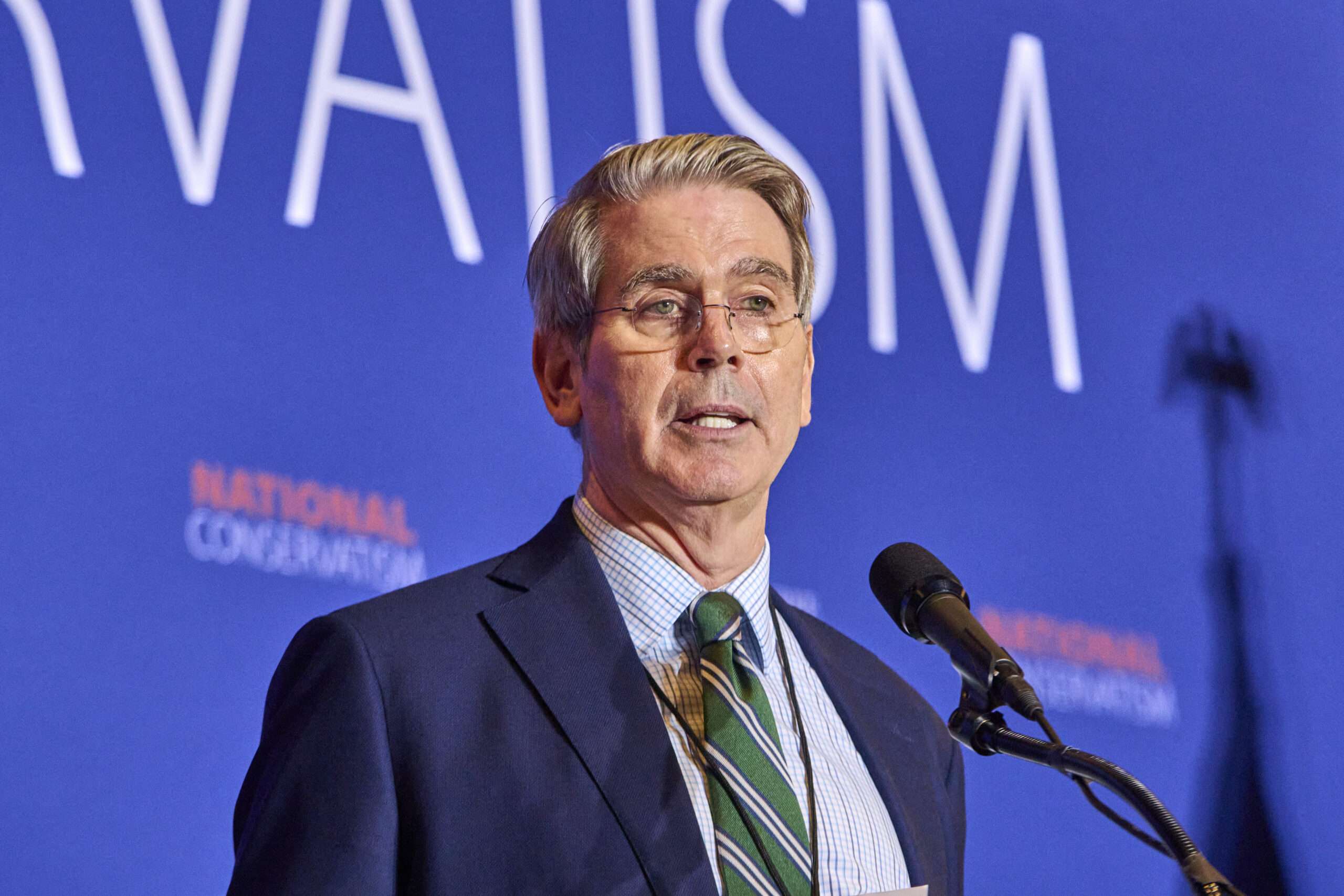Wagering on Bessent
President-elect Donald Trump’s selection of billionaire financier Scott Bessent as the Secretary of the Treasury has been met with a positive response from financial markets. As noted by journalist Mary Katharine Ham, the reactions to Trump’s cabinet picks have been akin to a varied experience — initially providing comfort but later raising concerns. However, Bessent’s reputation as a competent choice seems to stabilize investor sentiment. Paul Donovan, chief economist at UBS Global Wealth Management, emphasized that economic investors favor predictability and orthodoxy in policy, attributes Bessent reportedly possesses. Such qualifications ease earlier worries about the unpredictability of other candidates.
Despite the upbeat market reaction to Bessent’s appointment, there remains some skepticism surrounding his stance on trade policy. Elon Musk, a close ally of Trump, has expressed reservations regarding Bessent’s moderate views on tariffs, which he referred to as a “maximalist negotiating position.” While Bessent endorses utilizing tariffs, he advocates a gradual implementation process, suggesting a more tempered approach than some of Trump’s more aggressive proposals. This cautious attitude may contribute to broader support within the financial community, indicating Bessent might temper Trump’s more extreme policies while still appeasing his preferences for trade discussions.
Simultaneously, Bessent’s proposals signal a mixed bag for economic policy. Reports suggest he has called for reshoring critical pharmaceutical manufacturing components, which aligns with nationalistic economic strategies prevalent in current political discourse. Nevertheless, Bessent’s past as a donor to Democratic campaigns adds layers of complexity to his assessment, as it raises questions about his alignment with Trump’s typically right-leaning economic agenda. The ongoing uncertainties surrounding tariff regulations, taxation, and U.S.-China relations under his leadership could shape significant economic discourse in the near future, highlighting a divisive atmosphere amidst the administration.
In New York City, current policy changes surrounding migrant housing have elicited noteworthy consequences. Approximately 11.5 percent of hotel inventories have been designated for migrants, while restrictive measures against Airbnb rentals have led to a significant reduction in short-term rental options, reportedly decreasing availability by about 75 percent. This situation reflects broader debates surrounding housing policies and community responses to migrant inflows in urban settings, implicitly illustrating how local governance and economic patterns adapt to changing demographics and urgent humanitarian needs.
On the international front, discussions regarding a potential cease-fire agreement between Israel and Hezbollah are gaining momentum, as reported by the Israeli ambassador to the U.S. amidst efforts from the Biden administration’s envoy. While speculation about imminent resolutions often abounds in geopolitics, this recent diplomatic push raises hopes and shows the ongoing need for delicate negotiations in conflict-prone regions. Simultaneously, universities across the nation are tightening restrictions on protests and enhancing security in response to past instances of disruption tied to pro-Palestinian demonstrations, showcasing how policy reactions evolve with societal pressures.
Meanwhile, academic institutions like Georgetown Law have faced scrutiny for inadequate responses to students’ needs regarding exam accommodations — specifically highlighting individual experiences of pregnant students navigating academic pressures. The university’s recent exemption for student Brittany Lovely sheds light on the necessity for broader policy reforms to ensure fair accommodations are standard, not exceptional. Further, Senator Elizabeth Warren’s continued probing into market dynamics — including domain pricing — emphasizes her regulatory ambitions, showcasing an ongoing interplay between politics, commerce, and ideological influences that mold current American discourse. In this nuanced landscape, individuals like Palmer Luckey confront media representation challenges, emphasizing the complexities of narratives and the implications of public discourse through various channels.
Share this content:












Post Comment